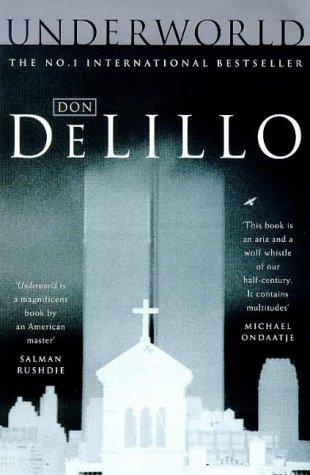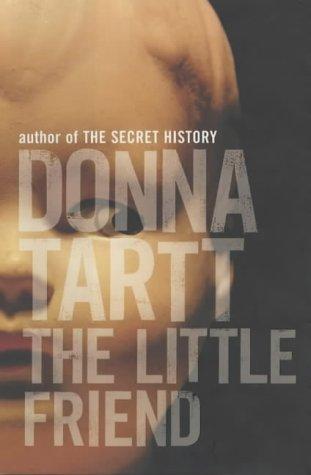
Wondering why I'm updating this site so often? I'm in Sabah, that is. Where the Internet connection is slow to a fault. This Internet connection is, as I pointed out to a certain
hikaraseru, worse than having no Internet at all; at least, without Internet at home, you are guranteed not to have it, and can hence move on with your real life at large. With slow Internet, you are doomed to a lifetime of watching pages load, or paint dry, and my suspicions inform me that the latter is, at this point in time, infinitely preferable.
Which is why I resort to blogging. At least you don't have to wait for anything else to load to start typing.
But enough about my Internet connection. This book certainly ranks amongst one of my favourites of all time, and considering it has an all-female cast - hardly a group I would generally feel empathy for - that confers upon it extra credibility.
It tracks the progress of the four Ya-Yas - Vivi, Teensy, Necie and Caro. Siddalee, Vivi's daughter, a budding playwright, irks her mother by expressing opinions of her unhappy childhood to a reporter, who, sensing paydirt, sensationalises it. Vivi immediately commences internecine warfare with Siddalee, tearing up tickets to her play and refusing invites to her wedding.
As Sidda strives to reconcile with her mother, she enlists the help of her mother's erstwhile partners in crime, the irrepressible Ya-Yas, who, through a series of vivid stories about their antics growing up in the boisterous South of the 60s, slowly explain why Vivi turned out the way she did.
The strength of this novel is less its plotline than its narrative; Wells incisively describes their numerous moments of mischief, ranging from being arrested by the local policeman to swimming in the lake in their yearly summer camp, with so much joie du vivre, that one almost longs to be transported back to that golden age, when technology was far from the overwhelming social binding force it was back then, and there was still good clean fun to be had on streets and pavements that were far from lawless.
Each caper is described in breathtaking grandiosity; no antic is too vanishingly small, no bit of gossip escapes below the radar. Still, weighty issues are also dealt with in the intervening chapters - Sidda learns of her mother Vivi's difficult childhood with a bitter mother and the loss of the first great love of her life; we also see Vivi's journey to deal with her painful issues and become the mother she always wanted to be.
A family fable, spanning three generations, yet never coming off as didactic or plodding, it presents four greying women in their heydays, and, paradoxically, gives them that extra flourish, that va-va-voom, their ostensibly younger grown kids will never muster through their overworked, stress-ridden adult life.
For anyone with more than a passing interest in the zany ways of the American South, this book gets my pick as more than a biopic; it is an examination of the generation gap through three pairs of perpetually dancing eyes.
A 10/10; nothing less. Ya-Yas in Bloom will be reviewed soon!






